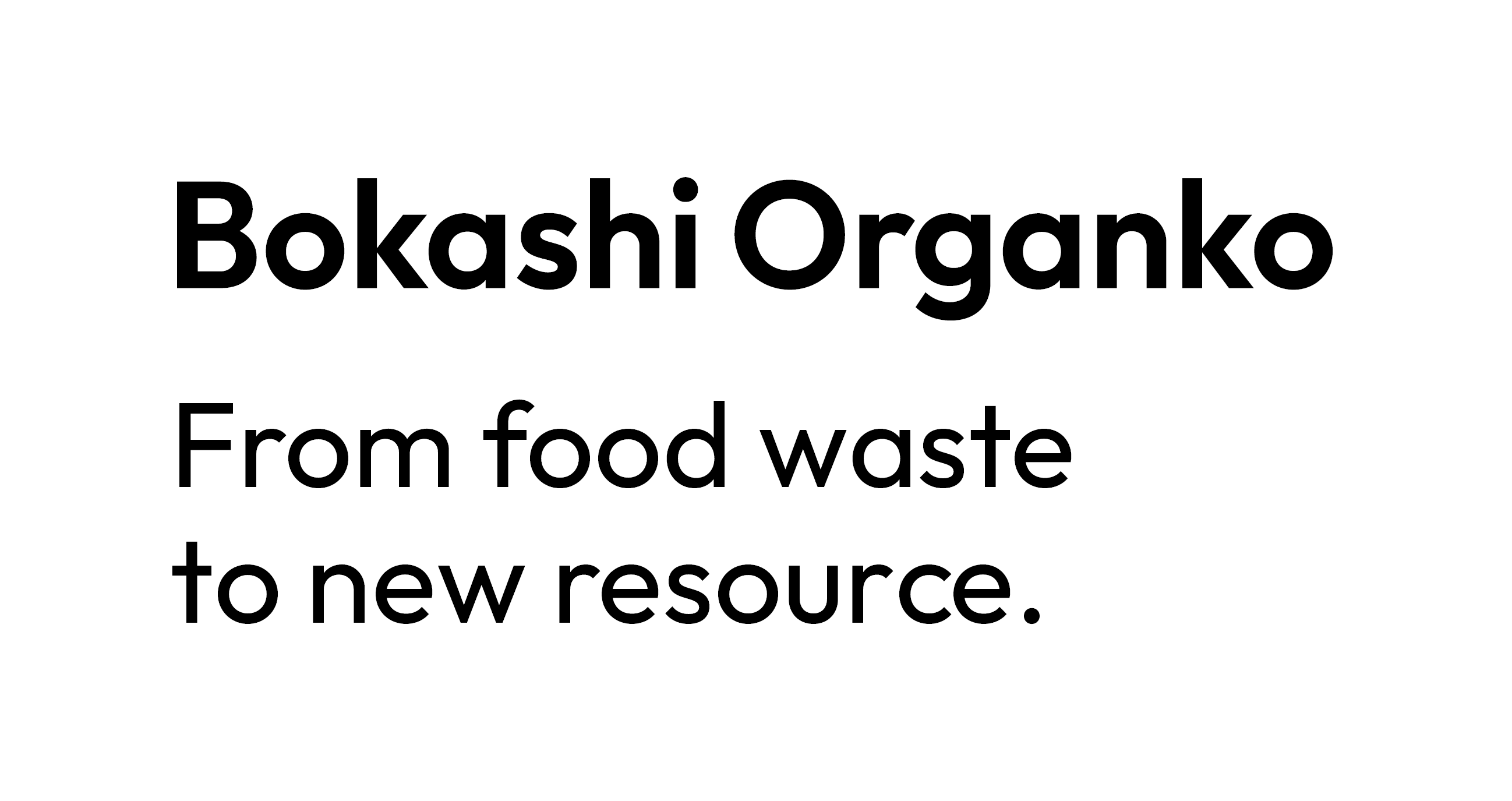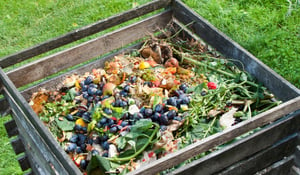What kind of compost do you use for your garden beds? You only know the real answer if you have prepared the compost yourself! Single-handedly, you have deposited the appropriate waste in the compost bin, combined the green and brown layers and perhaps reached a better and faster result with the help of effective microorganisms. A genuine hobby gardener is a master of sowing and harvesting, composting and crop rotation. And he/she knows how to make compost.
Let's plan the disposal of organic waste
During the spring preparation of the soil for sowing, we will rake last year’s decaying organic waste. During the summer weeding, we will have a bunch of green weeds that might be full of useful nutrients. As we harvest the crops, we will partly clean the crops already there in the garden. Where should we put the biological waste from the garden? And where should we dump the waste made during the preparation of delicacies from our crops at home? We should plan to dispose of it in such a way that it will turn into useful nutrients which will once again enrich our garden beds after the cycle is finished. Let’s plan the preparation of our compost!
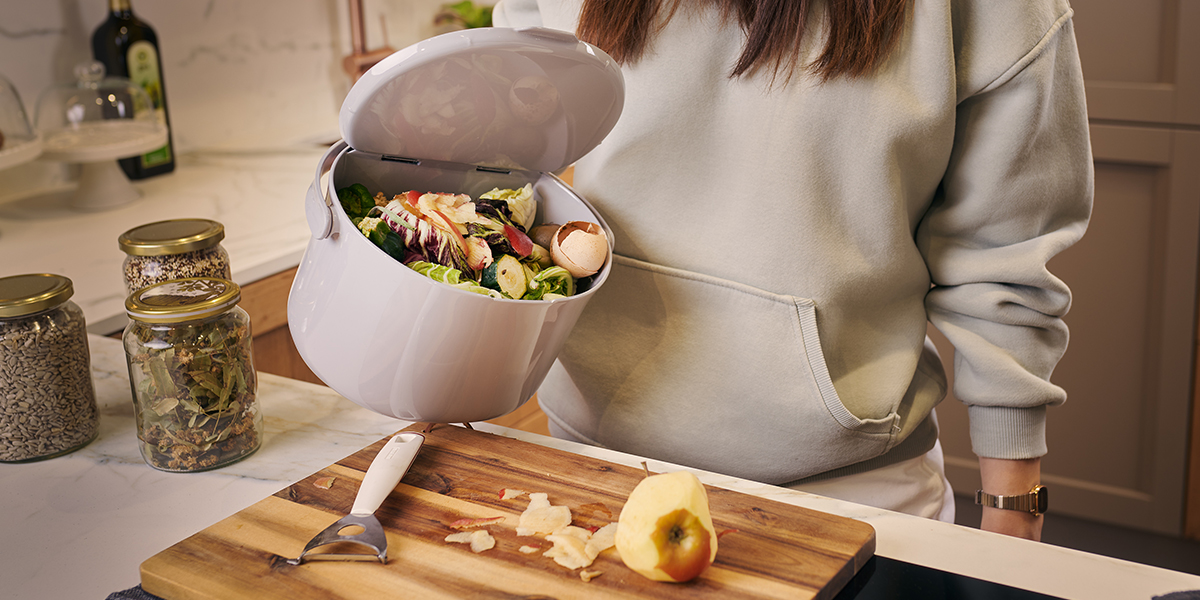
Let's make a compost heap
We deposit organic material—that is everything that was once alive—into the compost bin in the garden. Add biological waste by mixing it in the middle so that we do not attract any unwanted rodents.
The disposed waste decomposes into a dark, damp and crumbly substance, similar to the soil. Without additional intervention, this will happen within a few years. But if we help break it down, the waste pile will decompose within a few months. We can provide ventilation and stack materials of different structures.
The compost is structured by alternating between the green and brown layers. Green substances are, for example, cut grass, fruit and vegetable leftovers, manure and the pruned remains of fresh plants. Brown substances are dry leaves, newsprint, straw and dry garden plants. The substances in the compost bin are first mixed when it is half full and mixed for the second time when it is almost full. The full compost bin is covered with a layer of dirt, an old rug, or another similar “cover” in order to preserve temperature and for faster maturing.
A compost heap about a meter high will be ready for use after approximately four months. Then we will bury it in the garden beds and fertilize them.
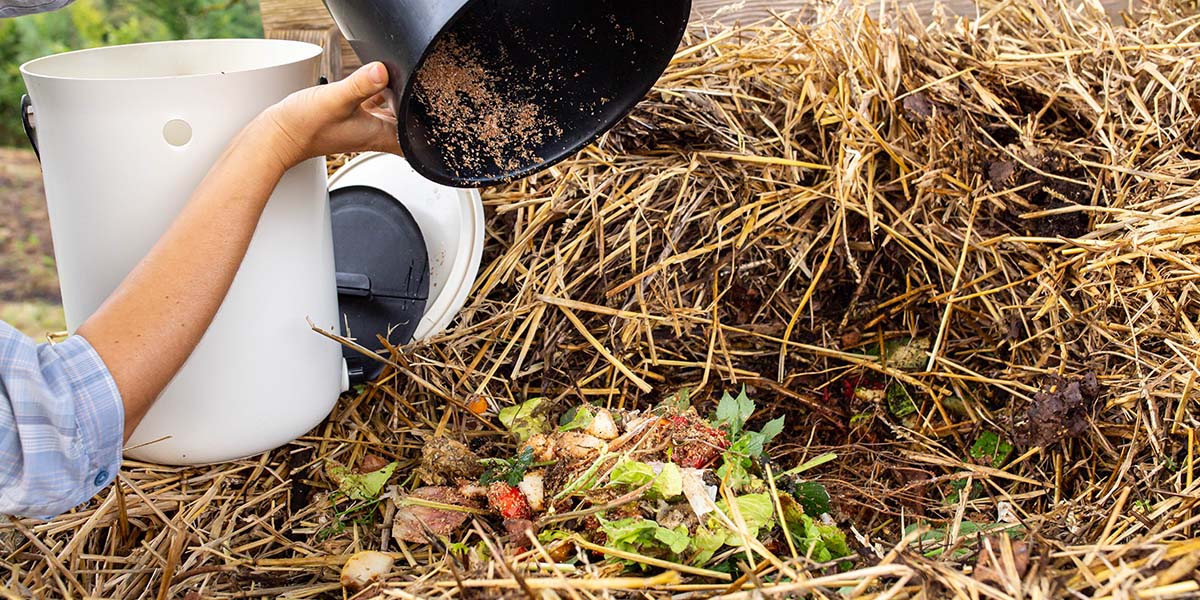
Speed up the composting process with effective microorganisms
The natural composting process from collecting to structuring, mixing and maturing normally takes one year. We can speed it up by adding effective microorganisms, such as the ones found in the Bokashi Bran powder (or biogenous powder). If we dampen the pile of organic matter so that it contains about 35% moisture, mix in the powder and cover it with straw, the compost will be ready in two months. If we are structuring a compost heap with green and brown layers, we can speed up the composting process by sprinkling the Bokashi bran (or biogenous powder) on top of every organic material layer. The compost will be ready in three months, and the lower layers can be taken and used as quickly as you want.
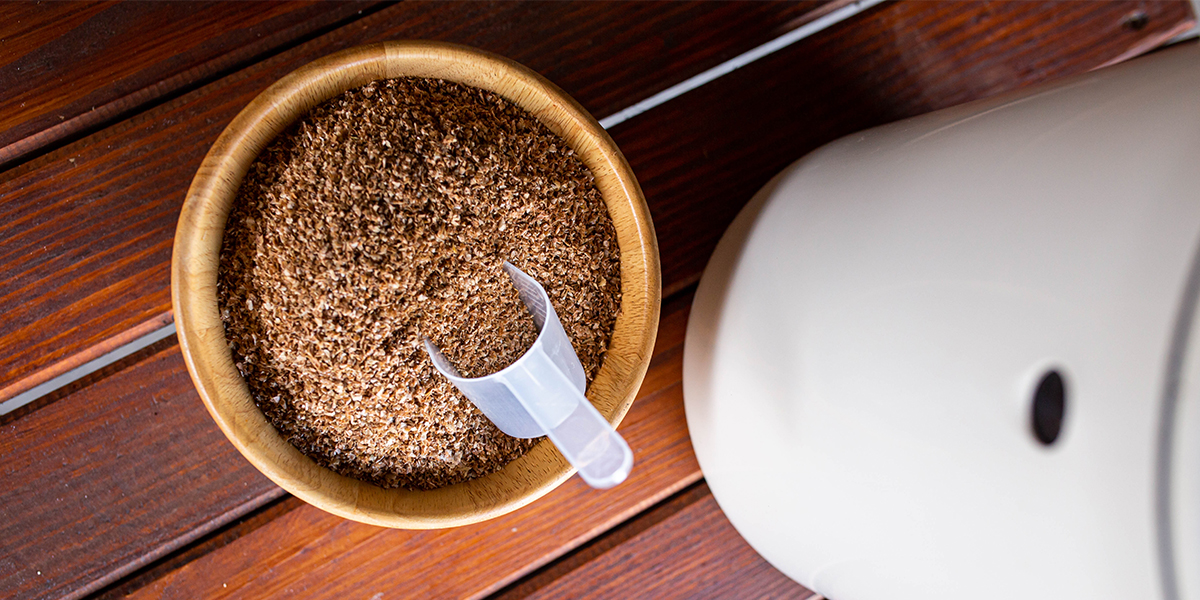
Let's add fermented household waste to the compost
The excellent green layer of the compost consists of fermented household waste, which is made in the airtight Bokashi Organko or Bokashi Organko 2 compost bin in 14 days with the help of the powder. For this reason, hobby gardeners and the owners of gardens and compost bins regularly choose a set of two Bokashi Organko compost bins together with the added powder. While fermentation takes place in the first bin, the other bin is being filled. They alternate in the preparation of the fermented organic mixture, which is the basis for high-quality first-class compost.

